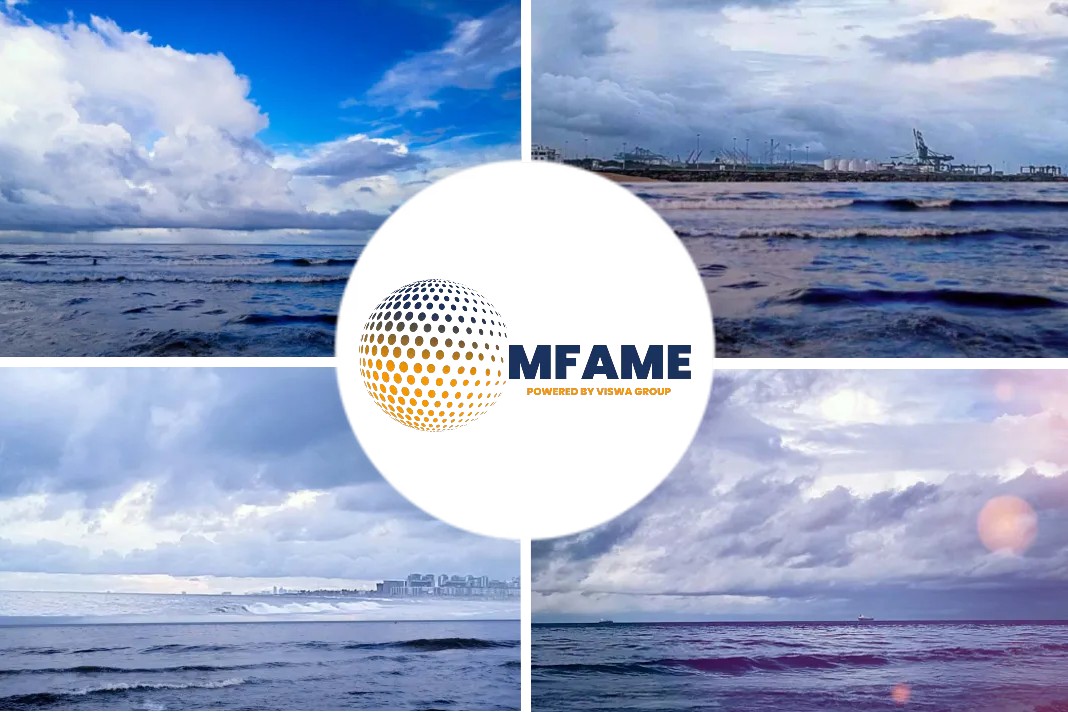35 progressive European maritime businesses call on EU policy-makers to close loopholes in their draft climate laws for shipping or risk undermining the industry’s clean transition, reports Transport & Environment.
Lowering the gross tonnage threshold
In a joint industry-NGO letter published by Transport & Environment today, the companies demand EU legislators lower the gross tonnage threshold to 400 GT and include offshore and service vessels in the Emissions Trading System (EU ETS), FuelEU Maritime and Monitoring, Reporting and Verification (MRV) proposals.
Closing these loopholes would help ensure that investments made in green technologies for smaller vessels are protected and can pave the way for commercialisation of bigger projects, provide predictability for long-term investments, and further empower Europe’s green shipping businesses.
The signatories are: Transport & Environment, ABB, Advanced Wing Systems, Amon Maritime, Amon Offshore, ARENA Ocean Hyway Cluster, Azane Fuel Solutions, Ballard Power Systems, Cape Horn Engineering, Dealfeng New Energy Technology, Drift Energy, EcoClipper, Finocean, Future Proof Shipping, Hexagon Purus, Hyseas Energy, Inkster Marine, Liquiline, Navtek, Neoline Deìveloppement, North Ammonia, Norwegian Hydrogen, Sailcargo, Samskip, Sea Europe, Shift Clean Energy, Stadt Sjøtransport, Sustainable Ships, Teco 2030, Ula Ship Management, Unitrove, Viridis Bulk Carriers, VPLP Design, Wattlab, Yanmar, ZEM Tech.
The EU is moving forward with regulating global shipping as part of its major climate and energy package aimed at slashing the block’s emissions by 55% by 2030. Namely, the EU is proposing to include the shipping industry in its carbon market (EU ETS) and to set greenhouse gas intensity targets for marine fuels (FuelEU Maritime). The latter also introduces common principles for monitoring, reporting, verification and accreditation, different from and additional to the existing EU MRV system.
EU ETS is currently being negotiated in ‘trialogues’ by the European Commission, European Parliament and national governments. The European Parliament is expected to adopt its position on FuelEU Maritime in mid-October, before the negotiations can move into trialogs between the three institutions.
The joint letter was published together with an analysis of EU institutions’ shipping ETS positions.
Did you subscribe to our daily Newsletter?
It’s Free! Click here to Subscribe
Source: Transport & Environment



















